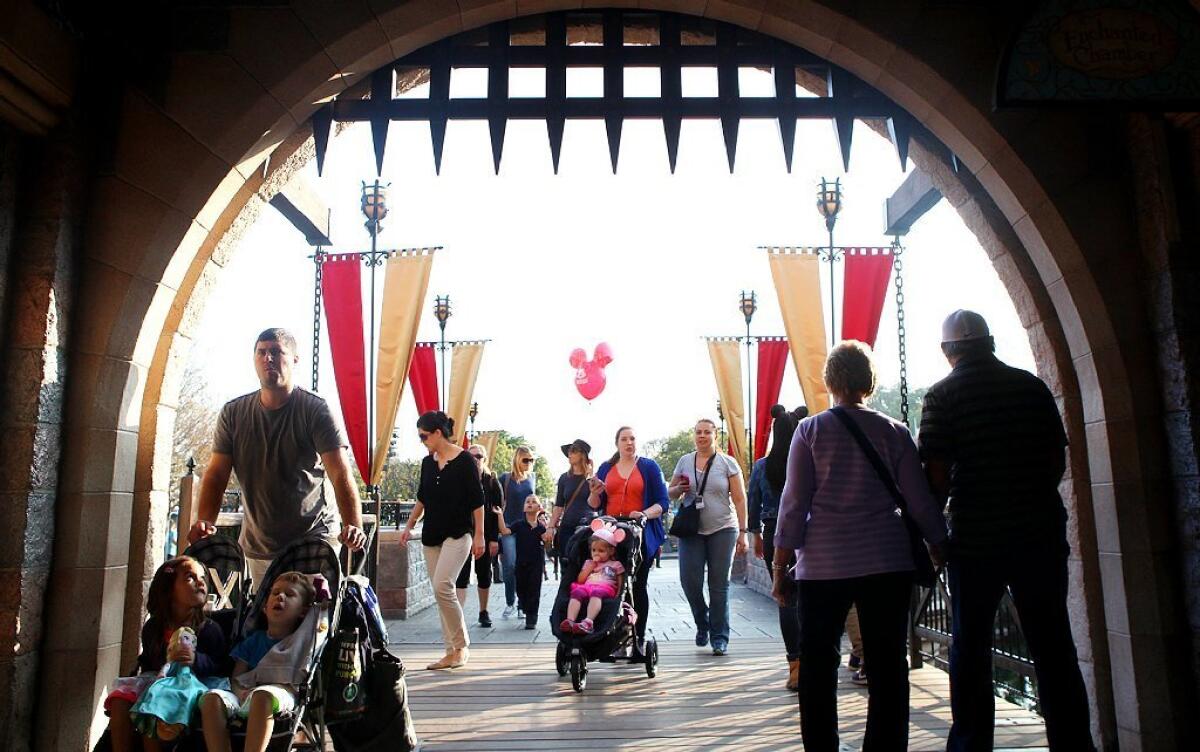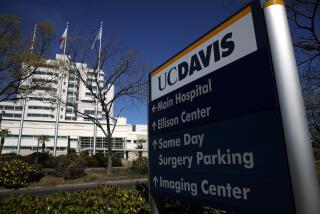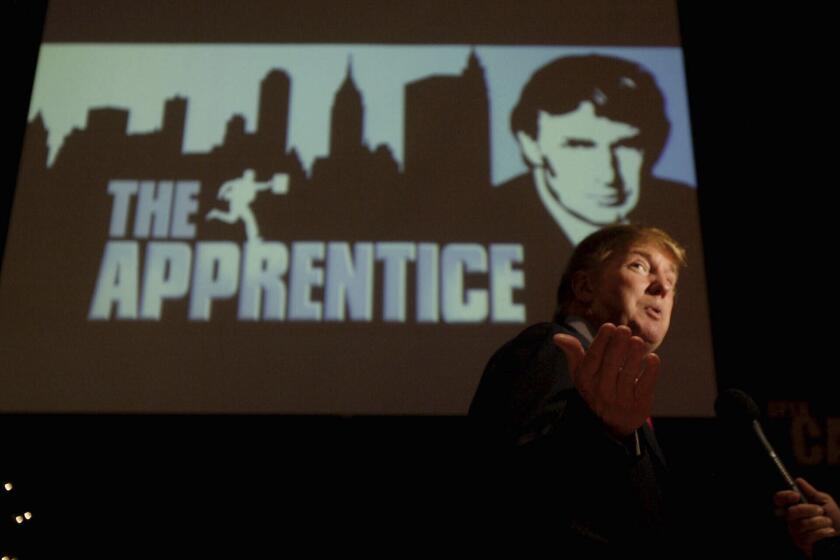Readers React: Could the Disneyland measles outbreak quiet vaccine doubters?

Take a bunch of people, pack them into a space and watch some get frighteningly ill. For much of human civilization, that was how we lived, and with measles outbreaks at Disneyland and elsewhere, we’re getting a taste of what our infection-plagued existence was like before routine vaccination.
The reaction so far by readers? We told you so.
Their letters and the dire warnings from scientists and doctors couldn’t do what a real-life mass sickening like the outbreak at Disneyland has a better chance of doing: shake the skepticism and fear out of enough parents and boost vaccination rates to more acceptable herd-immunity levels. Our parents, grandparents and other before them witnessed generations of polio-stricken children before jumping at the chance inoculate themselves against this terrible disease when the Salk vaccine became available in the 1950s. They and others were routinely sickened by measles and other communicable diseases before vaccines for those illnesses came online.
Lo and behold, they weren’t just waxing nostalgic about the bad old days of infectious disease. But whereas their warnings of widespread disease were disregarded, fears over children falling seriously ill after standing in line for Space Mountain could take hold. Perhaps we ought to start listening to credentialed researchers and mainstream doctors instead of celebrities who studied at the “University of Google” and the fringe physicians and activists who enable them.
All the letters published so far blame the anti-vaccine movement for needlessly putting people at risk. In the past, articles on plummeting inoculation rates could be counted on to draw a handful of letters from readers who insist on connecting vaccines to autism and a host of other childhood afflictions. Lately, however, those voices have grown quieter: Among the few dozen letters on the recent measles outbreak, just two readers side with vaccine doubters, one of whom argues his case not by citing dubious science, but by advocating for parental choice.
Maybe a preventable disease outbreak has a way of reducing the appeal of junk science.
Los Angeles resident Jon Merritt says vaccine skepticism has one thing going for it:
Thank you for publishing a report on the study of under-immunization on the heels of the recent measles outbreak at Disneyland.
It is refreshing in this age of income inequality and the 1% vs. the 99% that the two groups can agree on one thing: refusing or neglecting to vaccinate their children and making all of us more equal -- equally susceptible to life-threatening yet easily preventable diseases.
Frank Ferrone of El Cajon slams a well-known pediatrician:
Congratulations are in order for Orange County pediatrician Dr. Robert Sears, who treats the children of anti-vaccination parents, and his followers. Their crusade has given Southern California a measles epidemic.
Some children will merely get the measles, but others will receive severe disabilities; some may die.
Gosh, with this level of success with measles, why not reintroduce the world to polio?
Clayton Graver of Minden, Nev., argues for parental freedom:
Freedom means choice. Plain and simple. Without choice, we are not a democracy.
It is my choice whether or not I want to be vaccinated. It is your choice whether or not to wash your hands or take basic public health precautions. It is an individual’s choice whether he or she wants to gamble with their child’s life. It is not your place to say what they have to do.
If I don’t want to wear a seat belt, that’s my problem. If I want to smoke like a chimney and drink myself to sleep every night, then it is my choice to destroy my body, whether you approve or not.
Los Angeles resident Bonnie Sloane recommends a consequence for forgoing vaccination:
It’s high time that public health officials, hospitals, and the CMA push lawmakers on this issue. Personal exemptions that endanger public health are unacceptable.
No immunization, no school, period.
Follow Paul Thornton on Twitter @PaulMThornton
More to Read
A cure for the common opinion
Get thought-provoking perspectives with our weekly newsletter.
You may occasionally receive promotional content from the Los Angeles Times.











